Co-Care-IT
Home > Projects > Co-Care-IT
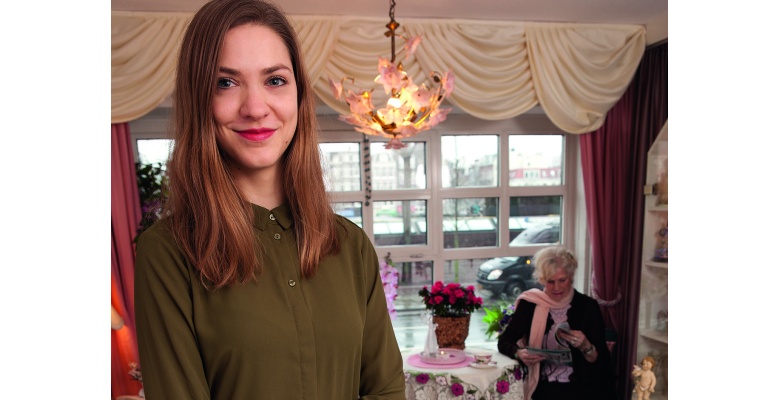
How can technology help to unburden informal caregivers?
Co-Care-IT focuses on the iterative development of a system to help mitigate the care burden of informal caregivers. User-Centred Design is central to this project.
Care for independently living people who are in need of long-term care, such as older adults, is often balanced between informal caregivers and professional (formal) care providers. Informal caregivers are partners, family members and friends that provide care as non-professionals. They take a large part of the care burden upon them when their loved one becomes sick or is in need of care. Due to recent changes in the Dutch health care system and the growing ageing population, there is an increasing pressure on informal caregivers to help provide the needed care. The opportunity to be there for their loved ones is an aspect of caregiving that is often experienced as very positive and rewarding, but providing intensive care for a long period of time can also be too demanding in the way that informal caregivers become overburdened.
Currently, information and communication technologies (ICT) are increasingly being explored as possible solutions for health care related issues. In the context of informal care however, these systems are not always effective, accessible or wanted. Co-Care-IT aims to study how technological applications can truly contribute to unburdening informal caregivers. For this purpose, current ICT solutions are being investigated to identify which aspects of these systems are most effective and suitable in practice. Potential new solutions for aiding informal caregivers are explored and developed through extensive research into the needs of informal caregivers and by applying user-centred design approaches. For example, the aim is to deploy technology for not only identifying the aspects of care giving that are perceived as most stressful or demanding, but also which aspects are positive. In this way, this research focuses on the actual needs of the informal caregivers and on emphasizing the positive aspects of caring for their loved one.
News and Activities
Marije Kanis presents at CHI2019 in Glasgow
How is the caregiver doing? Capturing caregivers’ experiences with a reflective toolkit JMIR Mental Health 6(5), Special issue CHI2019 Symposium Computing & Mental Health:
>> Presentatie slides
>> Paper
CO-MIC student graduated with research for Co-Care-IT
Expertise lab young informal carers: increasing resilience
Design sprint for supporting informal caregivers
Chairing pre-conference workshop Design & Emotion conference: Design for our future self
Festive kick-off project FIT: Studying the needs of people with dementia AND their informal carers regarding products and services in the home care situation
FIT builds on the knowledge and co-creation methods, developed in Co-Care-IT.
Flyer: Tips and (digital) solutions for the informal caregiver
3 digital life papers accepted for CHI2016
Poster campagne: Oud worden in de stad
Digital Life presents work on informal care giving at Pervasive Health 2015
Images & Video
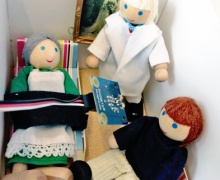
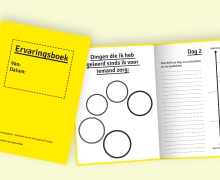
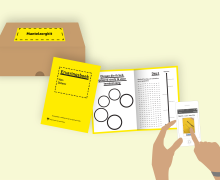

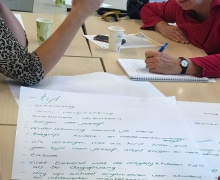
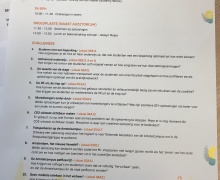
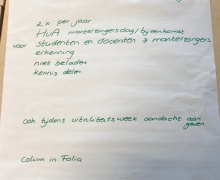
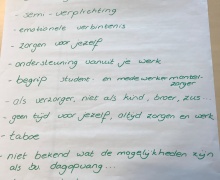
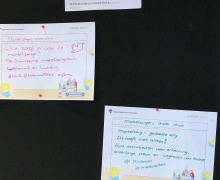
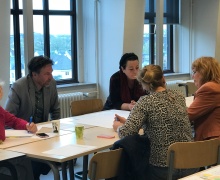
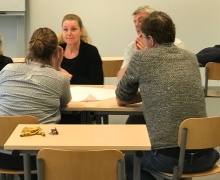
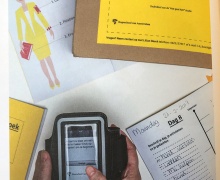
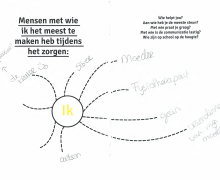
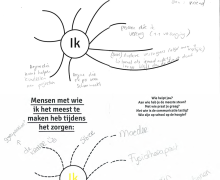
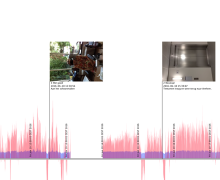
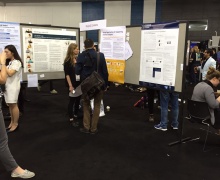
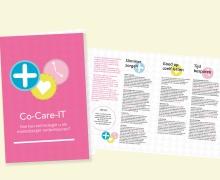
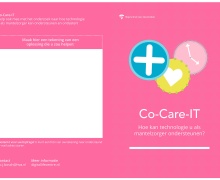
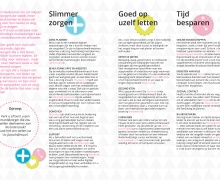
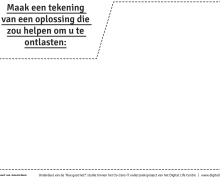
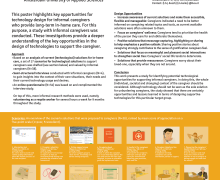
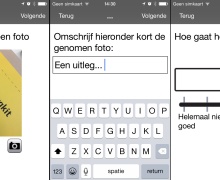
Publications
How is the caregiver doing? Capturing caregivers’ experiences with a reflective toolkit
(2019 )Lilian Bosch, Marije Kanis, Julia Dunn, Kearsley Stewart & Ben KröseJMIR Mental Health 6(5), Special issue CHI 2019 4th Symposium on Computing and Mental Health: Designing Ethical eMental Health Services download
How is the caregiver doing? Capturing caregivers’ experiences with a reflective toolkit (presentation slides)
(2019 )Lilian Bosch, Marije Kanis, Julia Dunn, Kearsley Stewart & Ben KrösePresented at CHI 2019 4th Symposium on Computing and Mental Health: Designing Ethical eMental Health Services, JMIR Mental Health download
Design opportunities for supporting informal caregivers
(2016 )Lilian Bosch & Marije KanisExtended abstracts of CHI 2016 download
Managing flexible care with a context aware system for ageing-in-place
(2015 )Saskia Robben, Lilian Bosch, Marije Kanis, Jasmien Decancq & Pascal WiggersPervasive Health 2015 Workshop on Process-oriented approach for patient-centered care delivery (PROCARE) download

